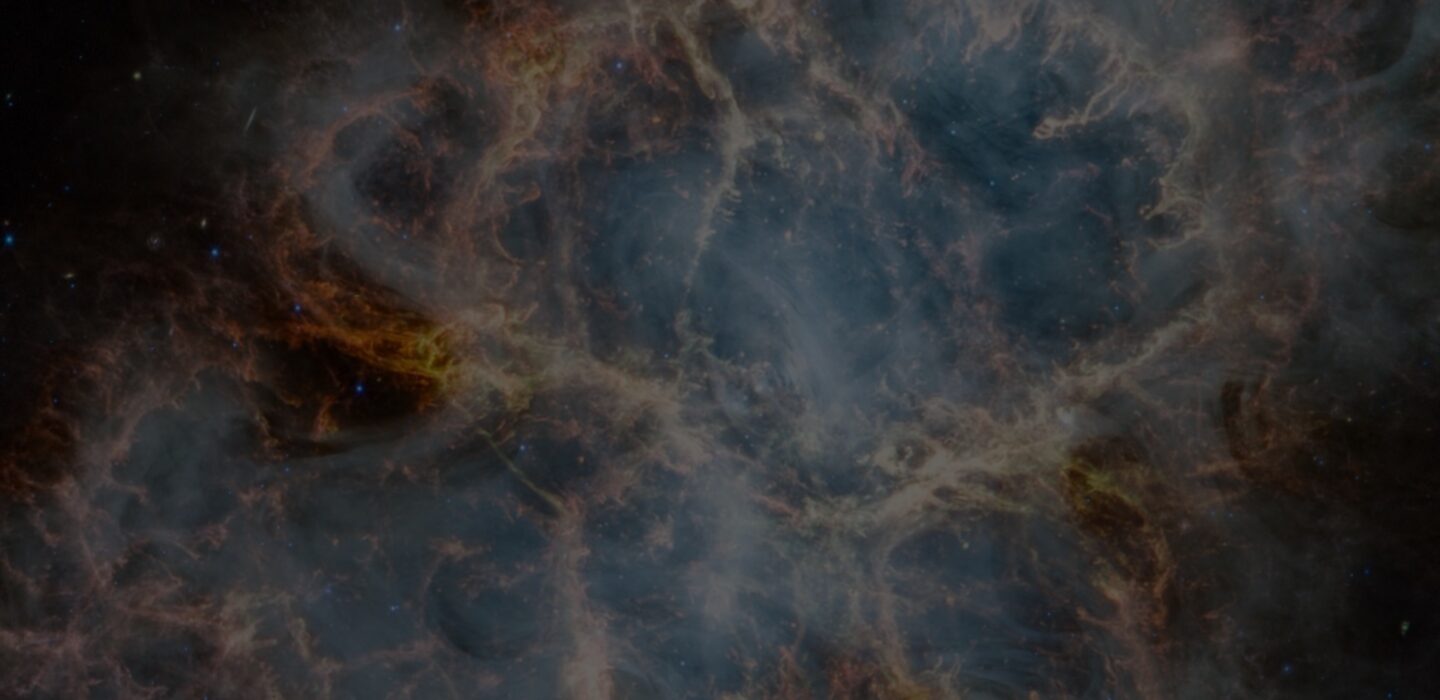Peter Fisher to step down as head of the Department of Physics
Peter H. Fisher, the Thomas A. Frank (1977) Professor of Physics, will step down as the head of the Department of Physics, effective Aug. 31. He will begin his new role as the head of the Office of Research Computing and Data (ORCD) — a venture through the Office of the Vice President for Research that will address the Institute’s research computing needs, in science and across MIT.
Associate Professor Anna Frebel will head a search committee that will offer a recommendation for Fisher’s successor, who will begin shortly after the end of his tenure as department head.
“Having served as associate head in physics with Peter, I can say with conviction and firsthand knowledge that he is an extraordinary leader. High integrity, principles, smart decisions, strategic thinking, and compassion — always compassion first — have been the hallmarks of Peter’s leadership,” says Nergis Mavalvala, the Curtis and Kathleen Marble Professor of Astrophysics and the dean of the School of Science.
“I know that he will continue to support the physics community at MIT — including the Laboratory for Nuclear Science and the MIT Kavli Institute — and beyond at CERN as he rejoins the faculty and continues his research program.”
“Leading the physics community at MIT has been rewarding and challenging. And, like most MIT members, I love a challenge,” says Fisher. “I’m looking forward to the next p-set as head of ORCD.”
At the helm of the Department of Physics, Fisher made great strides to address concerns of climate with creation of the Physics Values Committee. Through his efforts and the work of others, the committee has articulated a code of conduct that has helped community members address inappropriate behavior. In addition, the committee has helped prioritize recommendations, including focusing recently on guidelines for good advising and mentoring.
As a member of the MIT-wide Values Committee, Fisher has promulgated the work in physics to the great MIT community. This committee recently released the MIT Values Statement in mid-April.
In other Institute-wide work, Fisher led a committee of 20 faculty and staff to design a process to assess risk associated with philanthropic gifts. What is now referred to as the “Fisher Report” is a companion document to another report developed by another ad-hoc committee led by Professor Tavneet Suri on MIT’s outside engagements. These reports outlined seven recommendations to help the Institute conform to its values — and again underscores work already happening with physics.
In work that spanned both MIT and the greater scientific community, Fisher also led a report by JASON, an independent group of scientists who advise the U.S. government about science and technology, in association with the MITRE Corp. As a JASON member, Fisher and his colleagues examined the challenges and solutions surrounding campus lab work during Covid-19. This report also informed MIT’s own reopening efforts, to which Fisher also contributed.
Moreover, Fisher provided community leadership within physics during the height of the Covid-19 pandemic. “He provided weekly updates to the entire physics community which became a model for many other departments. He also had weekly Zoom calls, and then weekly Zoom gatherings, where we could continue to feel like a part of a community,” says Matthew Cubstead, administrative officer for the Department of Physics. “It was incredible. Truly.”
In research gains, Fisher led the department in major advancements in the field, resulting in a Nobel Prize win for Professor Emeritus Rainer Weiss and the LIGO team founders; the launch of the Transiting Exoplanet Satellite System (TESS) with leadership in the MIT Kavli Institute for Astrophysics and Space Research and NASA; and the establishing of the NSF AI Institute for Artificial Intelligence and Fundamental Interactions (IAIFI), led by the Laboratory for Nuclear Science.
In his own research, Fisher’s interests include the detection of dark matter, development of new particle detectors, compact energy supplies, and wireless energy transmission. He holds appointments in the Institute for Soldier Nanotechnologies, the Laboratory for Nuclear Science, and the MIT Kavli Institute. He is involved in CERN’s Alpha Magnetic Spectrometer experiment to make high-precision measurements of cosmic rays and the development of new ideas for dark matter.
After receiving a BS in engineering physics from the University of California at Berkeley in 1983 and a PhD in nuclear physics from Caltech in 1988, Fisher was at The Johns Hopkins University from 1989 to 1994 and joined MIT in 1994. He is an elected member of the American Academy of Arts and Sciences and is a fellow of the American Physics Society.
